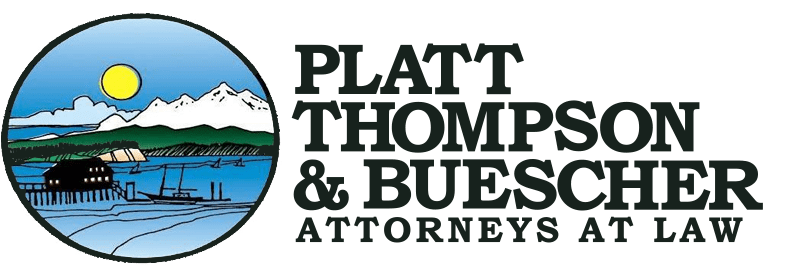For a person to be guilty of DUI he or she must “drive a vehicle within this state.” RCW 46.61.502. But what exactly constitutes “driving” or a “vehicle” has sparked some discussion. Recently a man was cutting grass on his lawnmower. He had a few beers with friends after he got done mowing the lawn. And, instead of taking his truck home, he decided it would be a good idea to take the lawnmower home. Wrong! After a short distance of travelling down the shoulder of the road policed stopped the lawnmower and lawnmower man was arrested for DUI.
In City of Montesano v. Wells, the Washington Court of Appeals Division 2, recognized that a “vehicle” includes “every device capable of being moved upon a public highway and in, upon, or by which any persons or property is or may be transported or drawn upon a public highway, including bicycles.” RCW 46.04.670. That statute goes on to read that a “vehicle” does not include power wheelchairs or devices other than bicycles moved by human or animal power. Thus, as the Montesano court reasoned, a literal reading of the DUI statute and 46.04.670, would allow the state to charge bicyclists with DUI.
Enter common sense. The Montesano court went on to conclude that such a strict reading above is not the correct reading. The court looked to the spirit and intent of the law. After a review of the statutory scheme as a whole the Montesano court concluded that the Legislature did not intend to apply the DUI law to bicycles.
The Montesano court went further by stating “[i]ncluding bicycles in the crime of driving under the influence…would lead to an absurd result.” And the court also recognized that, although an intoxicated bicyclist may pose a danger, bicycles do not have the force and speed of cars, a drunk bicyclist is not capable of causing the tremendous “carnage and slaughter” associated with drunk driving.
It would seem logical that the same rationale of Montesano would apply to skateboards and razor scooters. Lawnmowers on the other hand are self-propelled and are devices capable of being moved upon a public highways that can transport persons or property. Thus, surely a lawnmower falls within the definition of “motor vehicle” or “vehicle” and therefore a driver of a lawnmower will be subject to DUI laws if he or she drivers one in this state.
But what about the guy that likes to have a beer as he mows his own lawn on his own property during a Saturday afternoon? Can one drive a lawnmower drunk on his or her own private property? What about private property rights and freedom?
In State v. Day, the Washington Supreme Court faced a case where a guy was driving an unlicensed Ford pickup rapidly in circles in a field owned by his parents. He was not on or near a public road. He was never observed driving on a public road or driving on property where the public had a right to be. A Skagit County sheriff saw the aggressive driving, entered the private land, and arrested the driver of the Ford pickup for DUI.
The court pointed out that the DUI statute concerns driving under the influence “within this state.” RCW 46.61.502(1). Further, RCW 46.61.005 provides that Chapter 46.61 shall apply “upon highways and elsewhere throughout the state.” The court recognized that the policy is to avoid dangers to the public. And finally writes:
“In light of the purpose of the statutes and the unique facts herein, it would be an unreasonable exercise of police power to extend the prohibition [i.e. DUI law] to [the guy in the Ford’s] conduct. He was posing no threat to the public. This is not a case where it is logical to assume he would leave the private property and pursue a course along a public roadway. The vehicle was unlicensed and he was not on or even near a public road. In addition, the land on which he was driving was privately owned and the public had not right to be there nor was the public expected to be on the property. His arrest did not further the purpose of the statute in any way.”
Ultimately the Day court held that the case did not fall within the scope of DUI.
Thus, as long as one remains on their own private property, is not near a public roadway, does not pose a threat to others, one should be able to have a cold drink while cutting the grass without issue. Just don’t be the drunk guy driving the lawnmower home on the shoulder of a public road.
Call Platt & Buescher to discuss your DUI.

